Assign the Government to guide the construction of job positions
The National Assembly deputies agreed on the need to promulgate the Law on Public Employees (amended) to perfect the legal framework for managing the public service delivery team according to job positions, linking unit autonomy with accountability and digital transformation. The draft Law has identified and established management principles and the structure of rights and obligations of public employees in a modern direction, approaching new public administration.
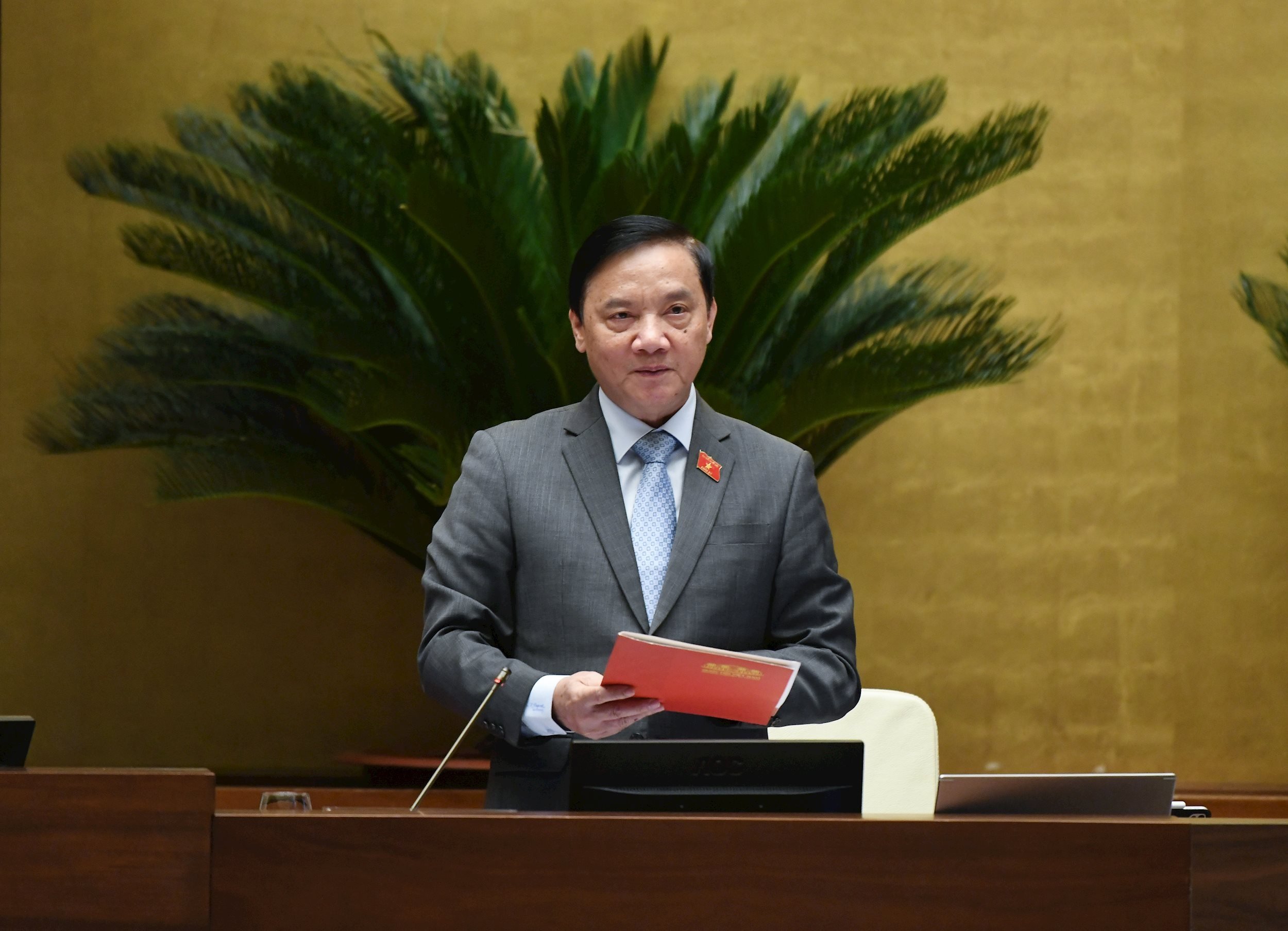
Regarding innovation in recruitment, use and management of civil servants according to job positions, Clause 2, Article 3 stipulates the implementation of recruitment, use and management of civil servants according to job positions and based on labor contracts.
Assessing the above new regulations as being consistent with the trend of public sector reform, ensuring consistency and synchronization with the method of managing cadres and civil servants stipulated in the Law on Cadres and Civil Servants, contributing to creating a legal basis for implementing salary payment according to job positions, however, National Assembly Delegate Dang Bich Ngoc (Phu Tho) pointed out that in the past, agencies and organizations when building job positions in their units were not really scientific . Determining job positions is still formal, ineffective, and does not meet the requirements as a basis for recruiting, using and managing civil servants.
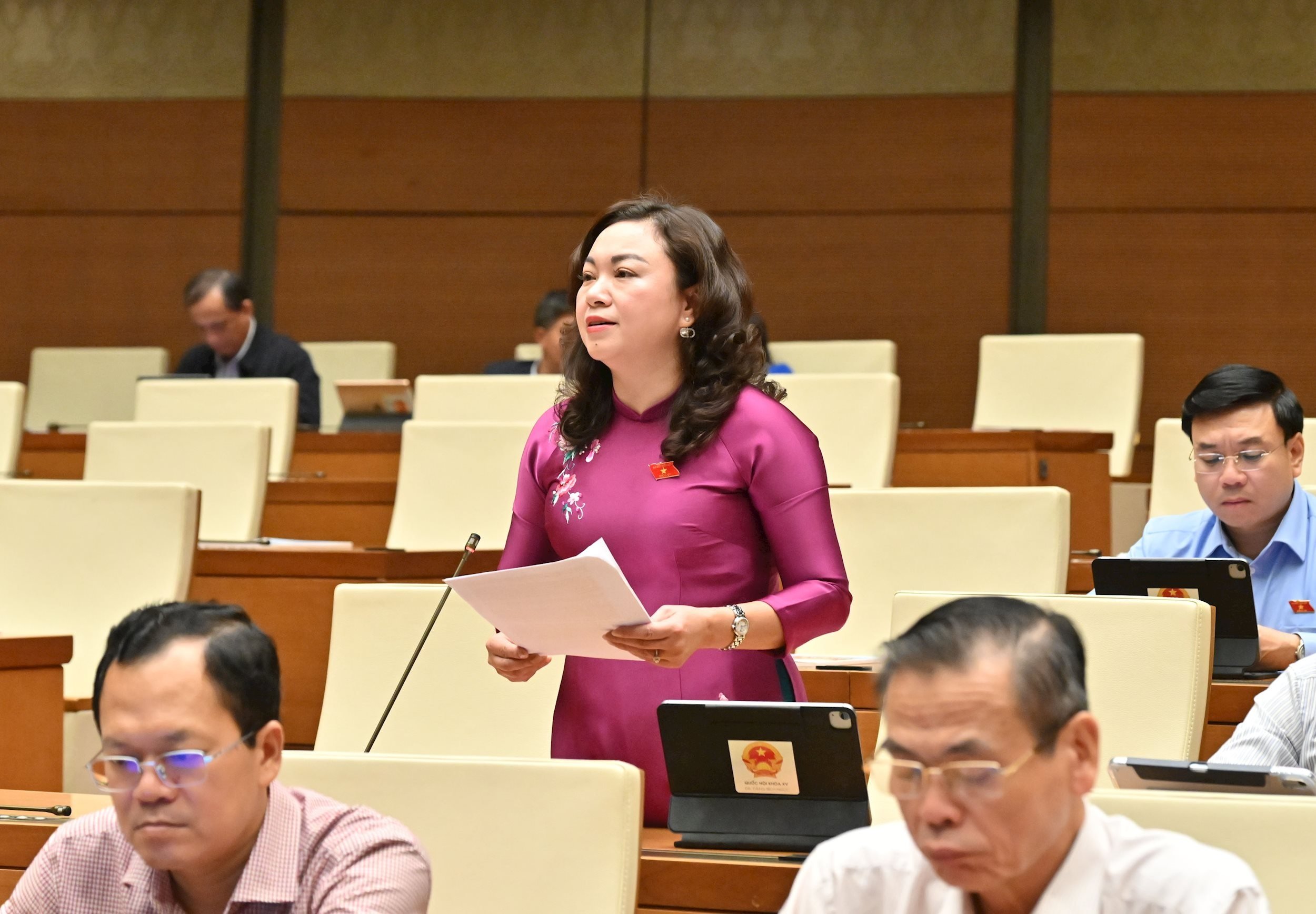
Therefore, delegate Dang Bich Ngoc suggested that the draft Law should have a provision assigning the Government to guide the construction of job positions in public service units to ensure authenticity, science, and closeness to the requirements of the tasks of agencies and units; contributing to increasing transparency and fairness in personnel work, continuing to improve the quality and efficiency of public service units, improving the quality of public services, meeting the increasingly high development needs in the current context.
Regarding the assessment of civil servants in Article 24 of the draft Law, National Assembly Deputy Nguyen Tam Hung (Ho Chi Minh City) said that although the draft Law emphasized the requirement to "quantify criteria associated with tasks", it is necessary to stipulate more clearly that the Government promulgate a unified national criteria framework, and at the same time require the digitization of assessment data and periodic updates to the national database.
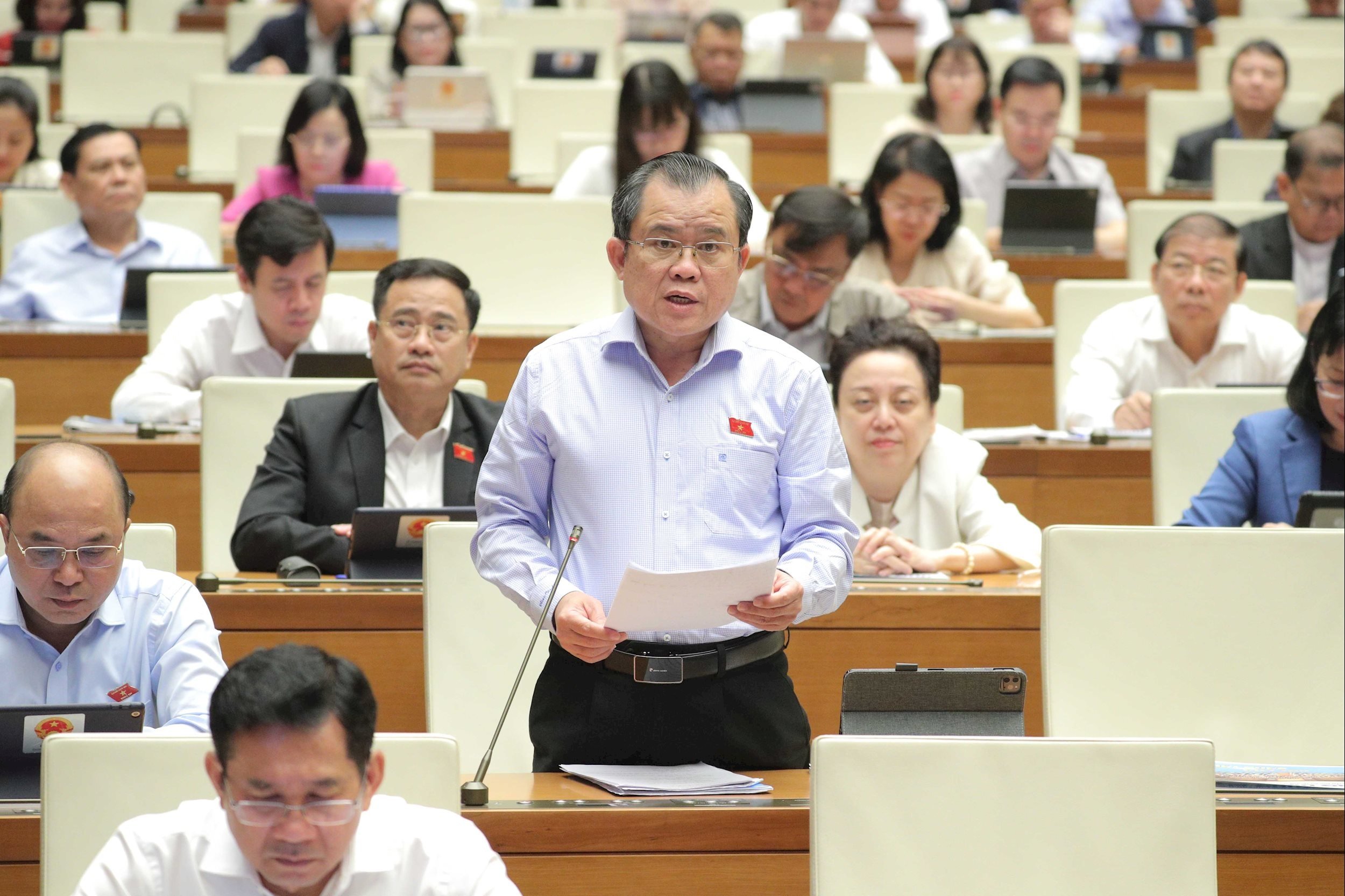
In addition, the time limit for recommending evaluation results should be extended from 5 to 15 days to ensure the rights of officials and avoid formalities in internal review work.
Ensure preferential and specific mechanisms and policies for ethnic minorities in difficult areas.
Clause 4, Article 3 of the draft Law stipulates preferential policies in recruiting talented people, ethnic minorities, and people with revolutionary contributions to become civil servants. According to delegate Dang Bich Ngoc, this demonstrates the special attention of the Party and State to ethnic minorities.
According to delegate Dang Bich Ngoc, in practice, the recruitment process for civil servants always has great competition among candidates. However, in order to encourage, motivate and have a mechanism to create conditions for children of ethnic minorities in remote areas, areas with especially difficult conditions, ethnic minorities with few people to have the opportunity to become civil servants, it is also necessary to give them special and specific policies. Because ethnic people in remote areas have been attached to the area for a long time, understand the culture and history, and are a stable and long-term source of labor for areas with especially difficult conditions.
Therefore, creating a support mechanism and giving special priority to ethnic minorities in remote, isolated and particularly difficult areas is very important, helping children of families there to have the ability to access suitable job positions, with priority at different levels for those areas and ethnic minorities.
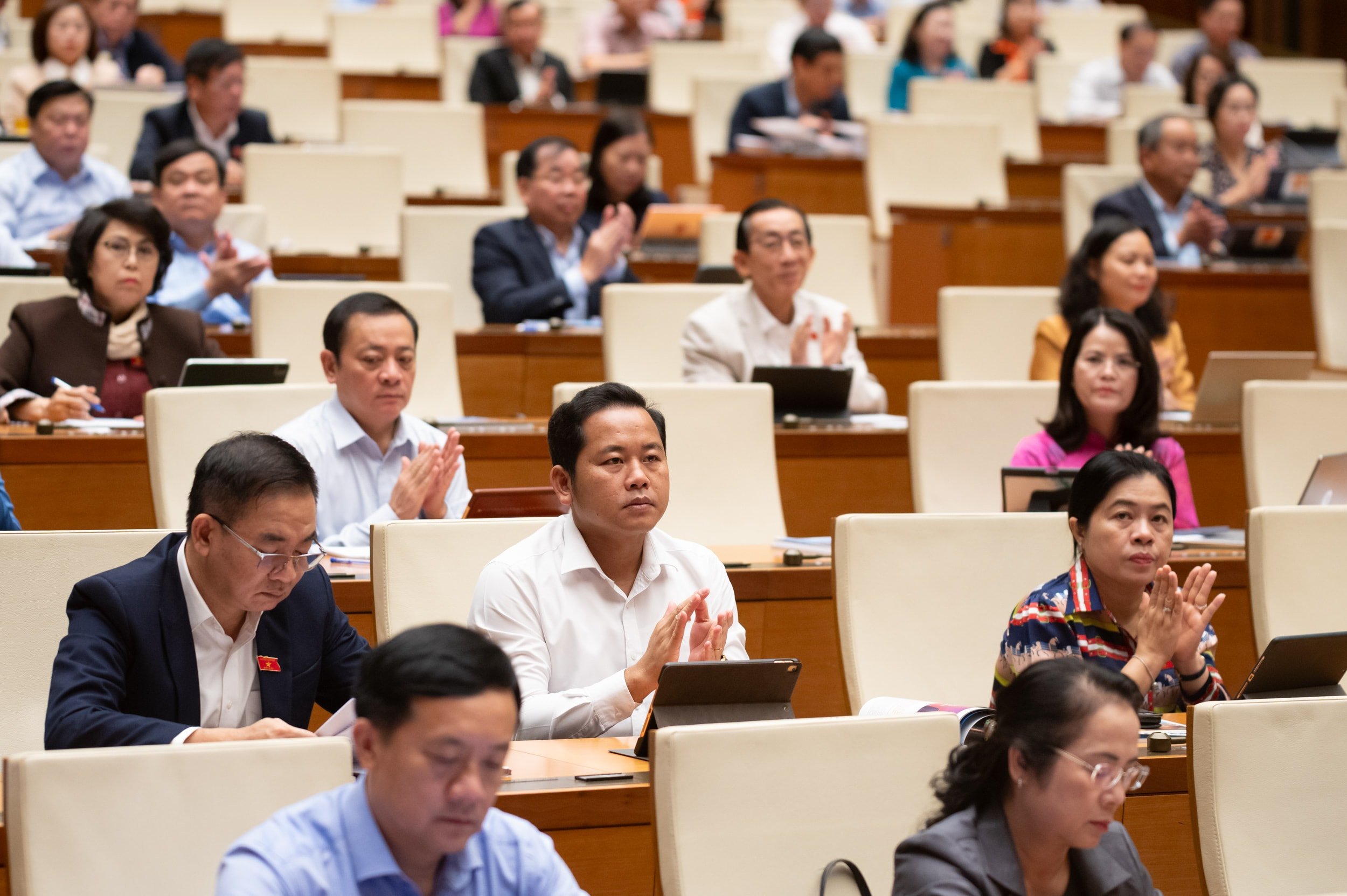
Delegate Dang Bich Ngoc suggested that the draft Law should supplement the subjects and regulations in the direction of: having special preferential policies in recruiting ethnic minorities in remote areas, isolated areas, especially difficult areas, and areas with especially small ethnic groups. The Government shall specify these cases in detail.
Delegate Dang Bich Ngoc also proposed that, in Clause 5, Article 16, the phrase "remote areas, especially difficult areas, ethnic minorities" be added after the phrase "ethnic minorities" to ensure preferential mechanisms and policies for ethnic minorities in truly difficult areas, and to encourage and create conditions for their children to be recruited and serve locally.
Regarding cases that are not allowed to register for civil servant recruitment according to the provisions of the law on professional activities, Point c, Clause 3, Article 19 of the draft Law stipulates that those who are not allowed to register for civil servant recruitment are those who "fall into one of the cases that are not allowed to register for civil servant recruitment according to the provisions of the law on professional activities".
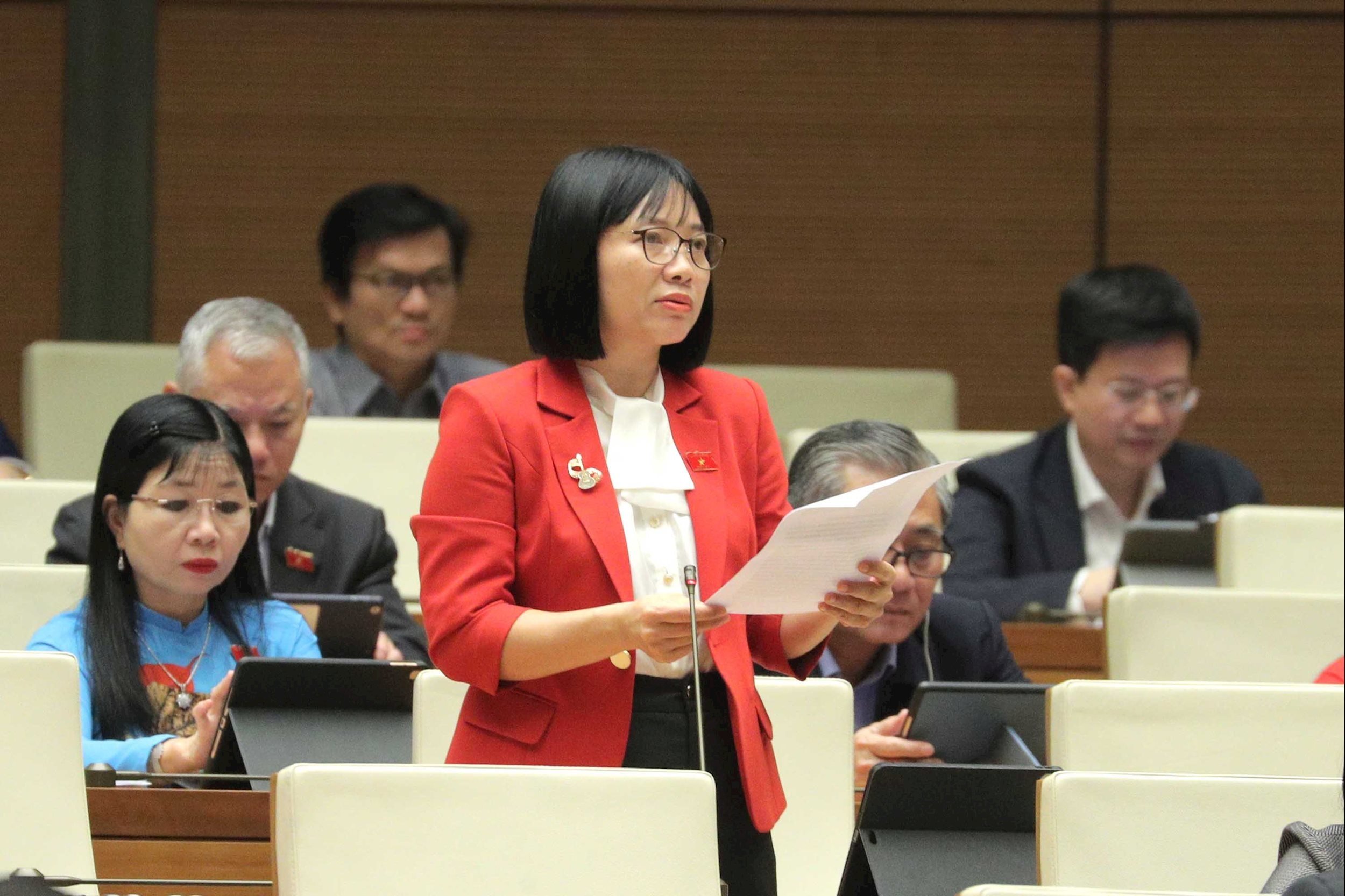
According to National Assembly Deputy Nguyen Thi Viet Nga (Hai Phong), currently, there are no specific regulations on these cases. Therefore, the delegate proposed to add a regulation assigning the Government to specify in detail the cases that are not allowed to register for civil servant recruitment according to the provisions of the law on professional activities or clarify in the draft Law.
Source: https://daibieunhandan.vn/bo-sung-doi-tuong-duoc-nhan-chinh-sach-uu-dai-dac-thu-trong-tuyen-dung-vien-chuc-10395471.html


![[Photo] The "scars" of Da Nang's mountains and forests after storms and floods](https://vphoto.vietnam.vn/thumb/1200x675/vietnam/resource/IMAGE/2025/11/13/1762996564834_sl8-jpg.webp)

![[Photo] General Secretary To Lam visits Long Thanh International Airport Project](https://vphoto.vietnam.vn/thumb/1200x675/vietnam/resource/IMAGE/2025/11/13/1763008564398_vna-potal-tong-bi-thu-to-lam-tham-du-an-cang-hang-khong-quoc-te-long-thanh-8404600-1261-jpg.webp)





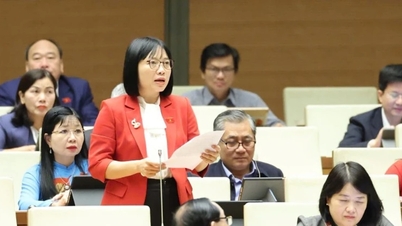

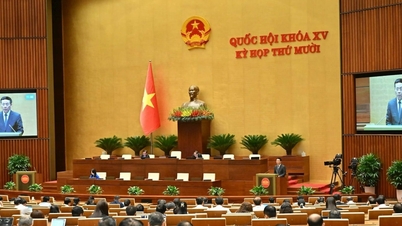
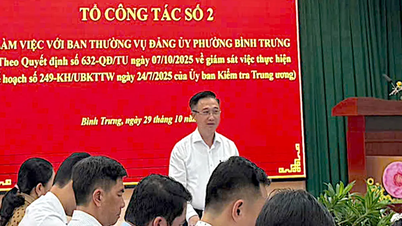



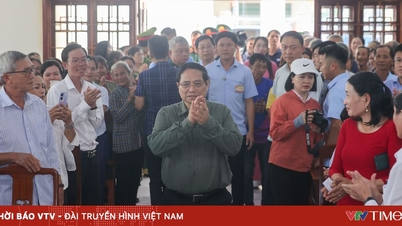

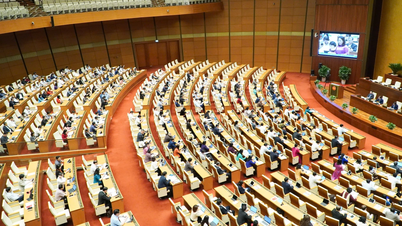

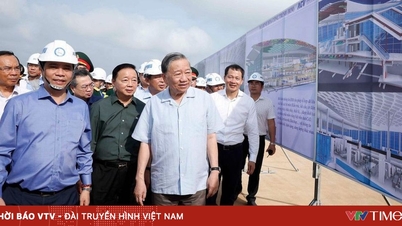
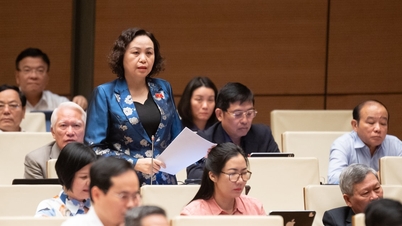
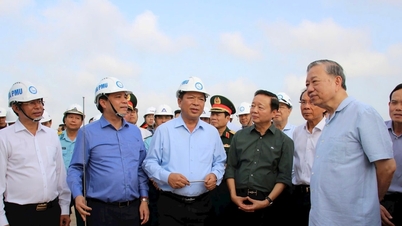







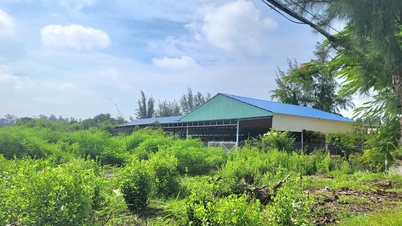




















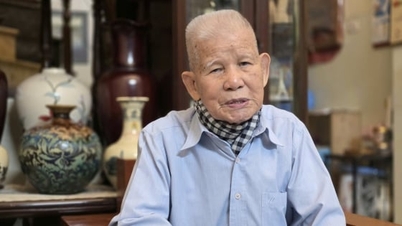




















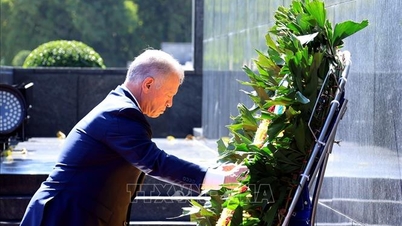


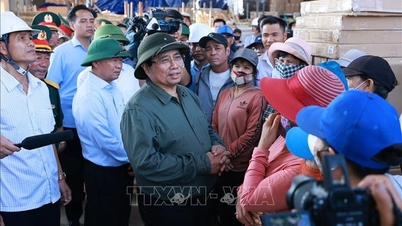


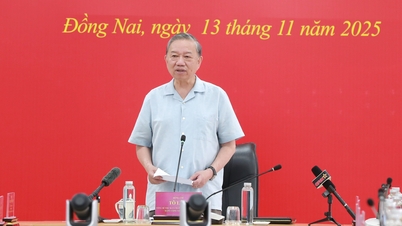



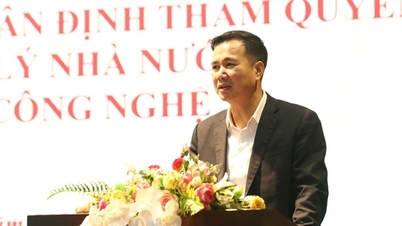



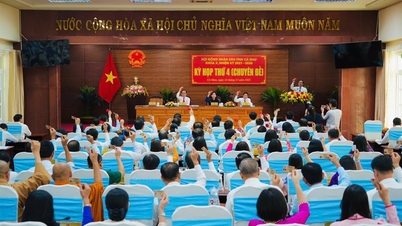










![Dong Nai OCOP transition: [Article 3] Linking tourism with OCOP product consumption](https://vphoto.vietnam.vn/thumb/402x226/vietnam/resource/IMAGE/2025/11/10/1762739199309_1324-2740-7_n-162543_981.jpeg)






Comment (0)